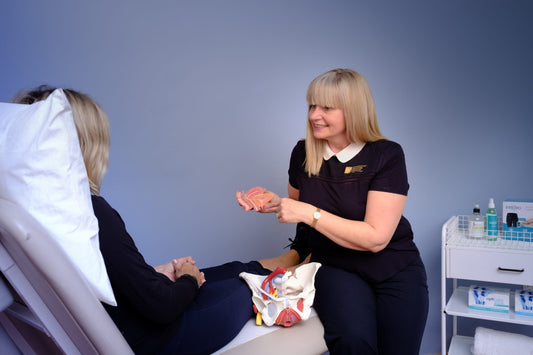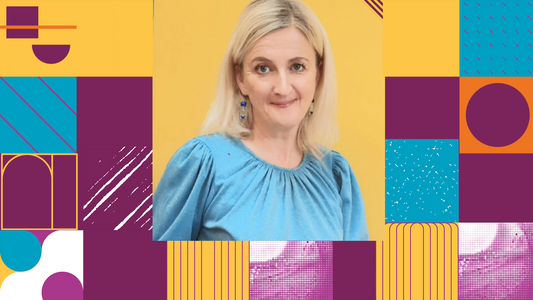A few tips to recognise when you've reached menopause
As many women remain on hormonal contraception well into their 40s some wonder how you can tell when you reach perimenopause and menopause if you're one of those women?
Firstly, it's essential to know that contraception such as the pill can affect your periods and will make it more difficult to know for sure if you've reached menopause.
Menopause (when your periods stop permanently and you are no longer fertile) means:
- You're over 50 and have not had a period for more than 12 months
- You're under 50 and have not had a period for more than two years
These rules do not apply if you're taking hormonal contraception.
For example, if you're taking the combined pill, you'll have monthly period-type bleeds for as long as you keep taking the pill.
If you're taking the progestogen-only pill, your bleeds may be irregular or stop altogether for as long as you keep taking the pill. The combined pill may also mask or control menopausal symptoms, such as hot flushes and night sweats.
These factors can make it hard to know when you're no longer ovulating and therefore no longer fertile.
Can I get a menopause test?
No test can tell for sure whether you're in menopause and can stop contraception. Your doctor takes many things into consideration, including your age, menstrual history, and what symptoms or body changes you're experiencing.
There is a blood test to measure levels of follicle-stimulating hormone (FSH) that can indicate if a woman is becoming menopausal. Still, it's not a reliable indicator that ovulation has stopped if a woman takes the combined pill. So, it's important to look at the symptoms that you're experiencing.
What are some of the symptoms of perimenopause?
- Irregular periods or periods stopping (this may not apply if you're on contraception)
- Hot flushes and night sweats
- Insomnia/disrupted sleep
- Brain fog
- Weight gain (especially around waist and abdomen)
- Skin and hair changes (dryness, itchiness, thinning hair)
- Dry eyes
- Tingling fingers
- Low mood
- Headaches
- Breast tenderness
- Mood swings and irritability
- Anxiety/panic attacks
- Lowered libido
- Vaginal dryness and frequent urinary infections
- Increased sugar cravings
- Difficulty concentrating and memory lapses
- Fatigue/low energy levels
- Palpitations
- Joint/muscle pain
Stopping contraception
All women can stop using contraception at the age of 55, as getting pregnant naturally after this is close to impossible. For safety reasons, women are advised to stop the combined pill at 50. It's best to change to a progestogen-only pill or other methods of contraception after 55.
Sex aged 55+
Suppose you're sexually active with new or multiple partners. In that case, you should continue to use a barrier method of contraception (such as condoms). This will help avoid getting sexually transmitted infections (STIs), even after menopause.
As always, it's a good idea to speak to your GP regularly about your contraceptive options during peri-menopause and menopause.













